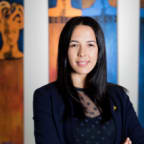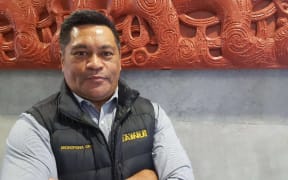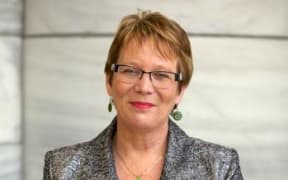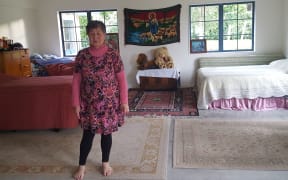A mother who had three children taken by social services has opened up about her struggles when she fell pregnant and her fear that they would take her new baby.
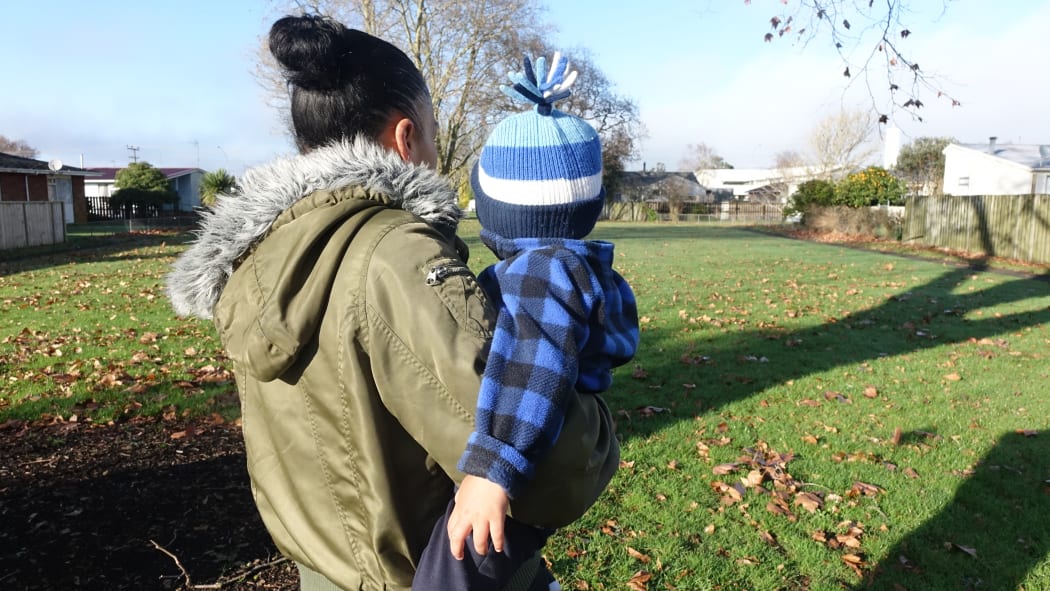
Manaia kept her pregnancy quiet out of fear of the subsequent child legislation. Photo: RNZ/Leigh-Marama McLachlan
Under current laws, parents who have a child removed from their care will be assessed by the state if they get pregnant again, and that baby can be taken too.
But the 39-year-old - who wants to be known as Manaia - says she is no longer with her violent partner and it is not fair that her unborn baby has been targeted.
Manaia is now raising the toddler, but said her role as a mum came under serious threat two years ago.
She said her partner at the time - who was in and out of jail - was so violent police were called to their home 40 times in six months.
On a Friday afternoon in March, her three sons - aged 1, 2 and 5 - were uplifted by social services.
"My son, he was outside playing and he goes 'Mum, the police are here', and I knew straight away. I grabbed my little one and just held him."
She said she saw the police walking around the back, coming in the door and they said: "We're here to take the children, it is unsafe for them here".
"I was just holding him, screaming."
Just months later, she found out she was pregnant and had been in the early stages of pregnancy when her children were taken.
She kept it quiet out of fear of the subsequent child legislation.
"But they found out I was pregnant and she said, ya know, 'we are going to take baby'. And I am like, why? I am not with the dad.
"I did not understand how they could take baby when I was not with the dad. I do not think it is fair. Those other children were taken because they were in that situation."
Oranga Tamariki said subsequent child legislation determined whether a child could suffer the same harm that a previous child did in their parent's care.
The legislation was introduced in 2016.
Northland lawyer La-Verne King said many parents who had a child uplifted met the criteria for subsequent child action, but many did not know it.
"Everyone needs to understand the seriousness of the changes that have occurred," she said.
"How if you meet the three criteria, any other child born to that parent is caught immediately by that legislation."
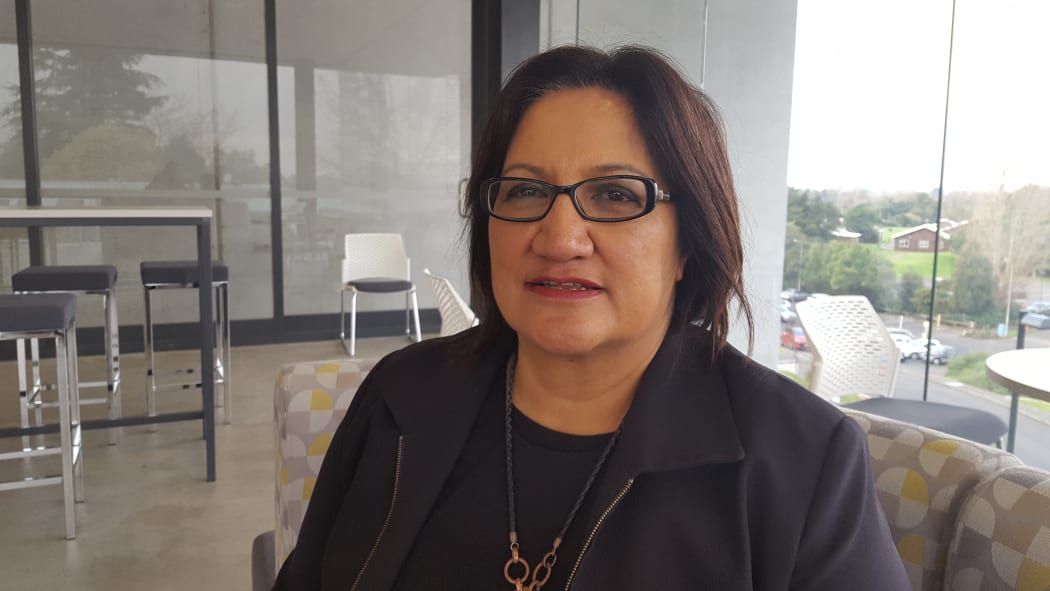
Northland lawyer La-Verne King says many parents who had a child uplifted met the criteria for subsequent child action, but many did not know it. Photo: RNZ/Leigh-Marama McLachlan
At least 69 babies who had siblings in state care were removed from their families before they were a month old last year.
And at least 45 babies were taken the day they were born.
Manaia had to act quickly to ensure her baby was not going to be one of those statistics.
She moved into a home for mums and babies and argued her son, who had a heart condition and needed surgery, would need his mum to recover.
Barrister Kiriana Tan said she had seen babies taken from hospital and it was traumatic.
She said subsequent child legislation could be problematic.
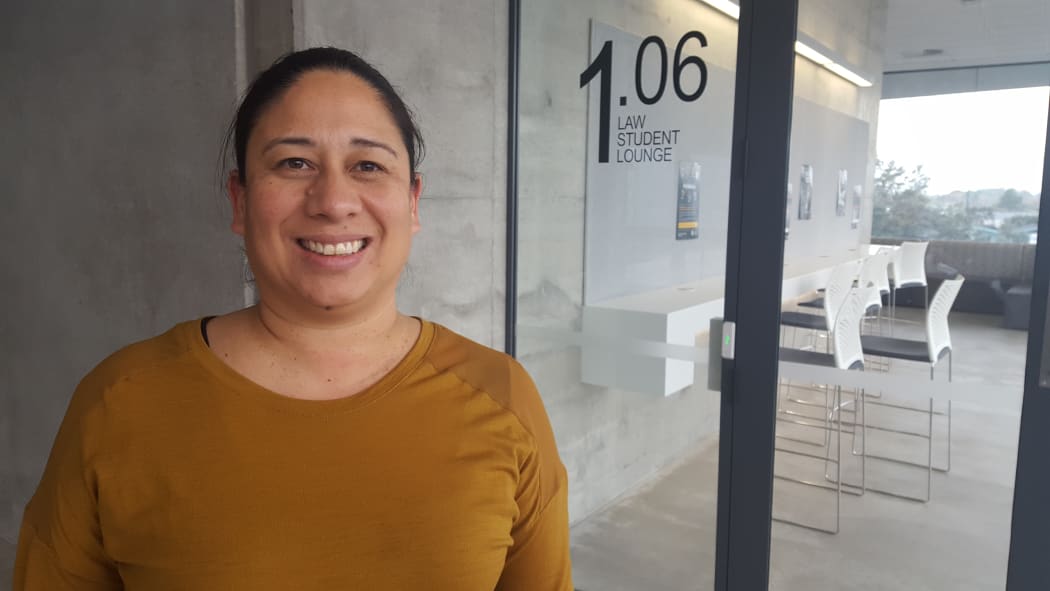
Barrister Kiriana Tan says she has seen babies taken from hospital and it was traumatic. Photo: RNZ/Leigh-Marama McLachlan
"You're pregnant, you're vulnerable, you've had bad experiences before," she said.
"Suddenly the department is stepping in and you have not had a chance yet to respond, because of your personal circumstances.
"Hopefully, that does not happen frequently, but unfortunately it does from time to time."
Waikato-Tainui iwi support advisor Melissa Johnson said social workers who assessed the whānau did not always get the full picture.
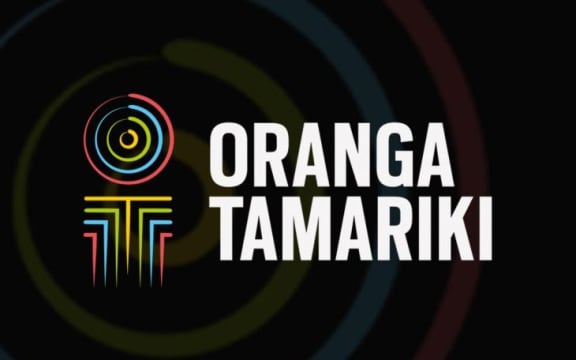
Photo: Oranga Tamariki
A Family Court Judge makes a call based on the paperwork they read in their office, usually in another city.
The parent can put a plan together to prove they can meet their child's needs.
But Ms Johnson was worried children ended up being taken because their parents did not know how to make a robust plan, not because they were unsafe.
"Personally, I don't like it, " she said.
"It's actually the whānau, the māmā, that needs to prove to the judge - who makes all the decisions - that she has changed.
"A māmā doesn't know how to do that without the support and advocacy of other people.
"It worries me because the power imbalance between the ministry (Oranga Tamariki) and whānau is massive where a meeting facilitated by the ministry is premeditated for the easiest option: to uplift and place child elsewhere."
Manaia got to keep her baby in the end, but the ordeal still weighed heavily on her two years later.
"His heart was like that because of me, I think, because that is when the boys were taken and I just felt so much mamae.
"I felt it was my fault, that I had put that on him, but they said 'no, it was a defect'.
"I am just happy that I got a chance to help him after he was born through that and we helped each other to heal."
Manaia got her three-year-old back in October and just last month, her four-year-old came home too.
They are getting to know their baby brother, while she works on getting their big brother back.
